Include marginalised women in climate action plans and adaptation
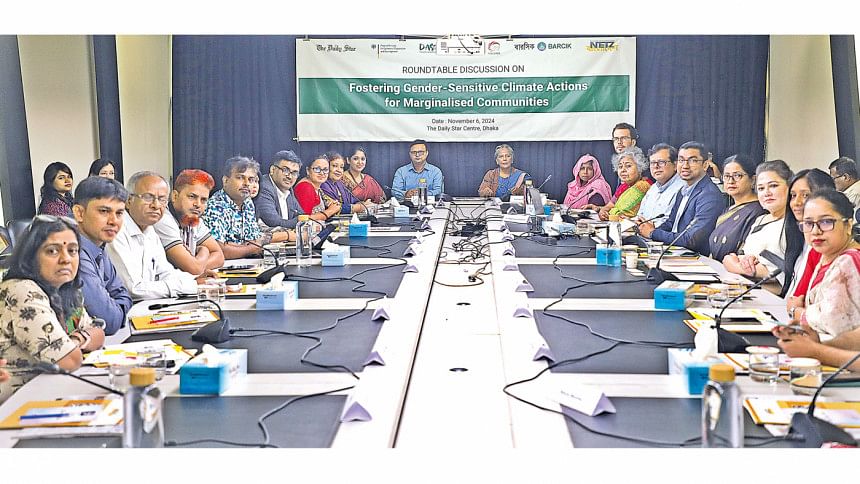
In collaboration with The Daily Star, NETZ organised a roundtable discussion titled "Gender-Sensitive Climate Actions for Marginalised Communities" on November 6, 2024. Here we publish a summary of the discussion.
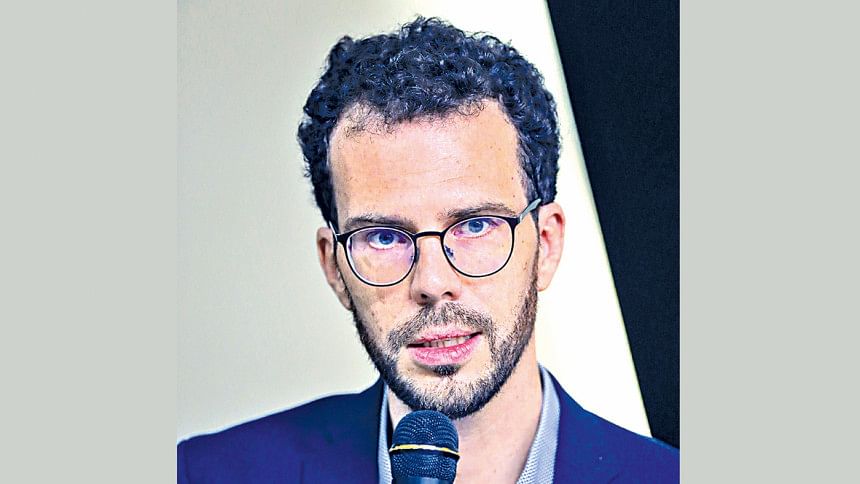
Dr Max Stille, Executive Director, NETZ
The world's climate is changing rapidly, and it is almost certain that the global temperature will rise by 2 degrees Celsius by 2050. Despite contributing little to climate change through human economic activities, Bangladesh is one of the most vulnerable countries to its effects.
In 2022, NETZ conducted a study to understand the causes and impacts of climate change on marginalised communities in Bangladesh. The study revealed that people whose livelihoods depend on nature-based occupations, such as farmers and agricultural workers, are directly affected by climate shocks. Due to the patriarchal and unequal social structure, the burden of climate change is disproportionately borne by women and disadvantaged groups.
Based on the study's findings, the researchers proposed two policy briefs. One recommendation is to develop and implement gender-sensitive action plans; the second advocates for using conflict transformation methods in climate-induced conflicts.
However, we believe that the impacts of climate change and the strategies to mitigate them are extensive and multifaceted. It is with this understanding that we have organised today's roundtable meeting, seeking your valuable opinions and suggestions. Your insights and experiences from your own lives will greatly enrich our discussions and help guide future actions.
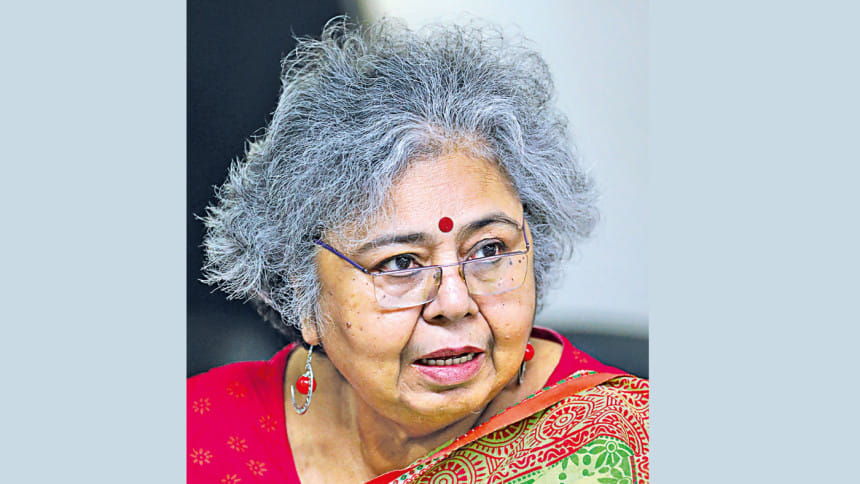
Dr Meghna Guhathakurta, Executive Director, Research Initiatives Bangladesh (RIB)
NETZ, BARCIK, DASCOH, MJSKS, and Pollisree conducted a study titled "Vulnerabilities, Adaptation Capacities and Conflict Dynamics in the Context of Climate Change in Bangladesh" across fourteen upazilas in seven districts. The study focused on three key ecosystems: the Barind tract, the northern river basin, and the southwest coastal region. Climate disasters such as cyclones, tidal surges, salinity, floods, erosion, droughts, and cold waves are recurring and increasing challenges in these areas, severely impacting livelihoods in small-scale agriculture, wage work, home gardening, and livestock. Access to drinking water, fuel, WASH, housing, education, fisheries, and market links are disrupted. Vulnerable social groups, particularly women in poverty who rely on home gardens and natural resources for their basic needs, are disproportionately affected.
The study identified three main social causes of vulnerability: extreme poverty, which limits adaptive capacity and social security; power imbalances and poor relationships between impoverished women and local government officials; and gender drivers, including patriarchal norms that restrict women's mobility and decision-making. Key institutional issues included unresponsive local governments, inadequate needs assessments, barriers to accessing social protection and microfinance, and gender disparities. Approximately 65 per cent of the respondents were unaware of Disaster Management Committees (DMCs), another institution with a low level of female inclusion.
Climate-induced conflicts are multidimensional. They include disputes over water, fuel collection, and reconstruction resources, as well as gender-based violence linked to male migration. Existing conflict resolution mechanisms are inadequate, often biased, and lack transformative strategies.
On the other hand, Gender-Responsive Climate Actions (GRCA) are not aligned with national climate policies, and local governments often fail to meet the needs of vulnerable groups. Key recommendations include enhancing local government responsiveness, integrating gender into climate adaptation plans, promoting inclusive decision-making, and improving resource access. Building adaptive capacity through locally-led solutions, addressing social and institutional barriers, and improving conflict resolution mechanisms are also crucial.
Simultaneously, civil society should facilitate multi-stakeholder collaboration, raise awareness, promote gender justice, and localise livelihoods to mitigate climate-related migration. Additionally, protecting eco-professions threatened by climate change and strengthening family arbitration mechanisms for gender equality are essential steps.
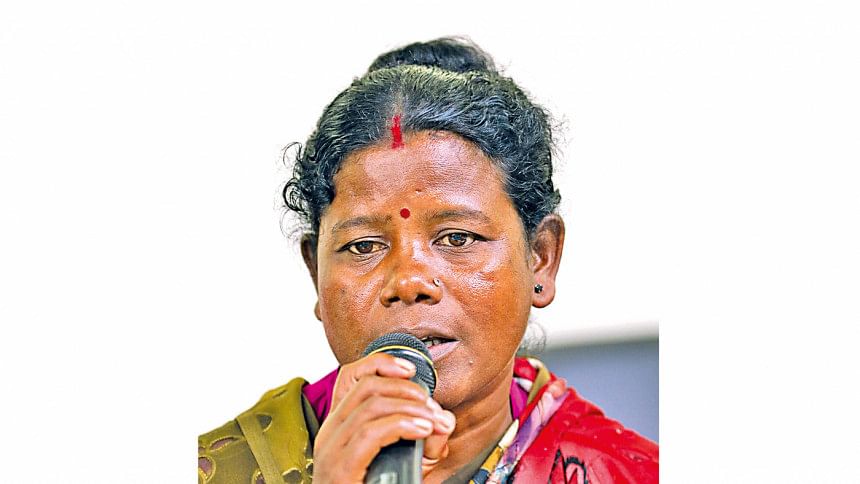
Maria Murmu, Member of a Civil Society Organisation in Dinajpur
Our village comprises around 50 families living together, most of whom belong to the same socioeconomic class. Facing natural calamities is a regular occurrence for us. We endure droughts, untimely rainfall, and unusually cold winters. Since our livelihoods depend heavily on the weather, we often have to seek work elsewhere when calamities strike. We begin searching for work as early as 4:00 am, facing harassment from agents, to whom we must pay for the opportunity to work. The local chairman has not been able to assist us. This issue urgently needs resolution, and we seek your support to address it.
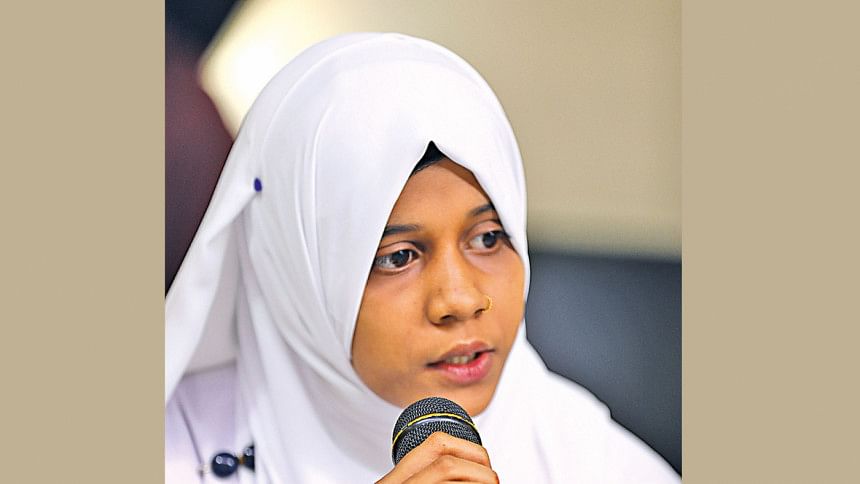
Fahmida Nasreen, Student, Lalmonirhat
I live in a remote area prone to river erosion, flooding, and similar natural calamities. River erosion and flooding are the most prominent forms of natural disasters here. We have organised several awareness campaigns, such as debate and essay writing competitions on natural disasters, as well as an afforestation campaign funded by our own tiffin money. Additionally, we have installed trash bins in every room to ensure a smooth waste management process, all initiated by students.
I have also tried to raise awareness among my family members and neighbours about the benefits of afforestation at a personal level. The frequency of floods in our area has reached an alarming level. While floods used to occur only once every few years some 20–30 years ago, they now happen six times a year, as witnessed in 2024.
During these crises, I advised people on crisis management strategies, such as storing dry food items, taking care of the elderly and pregnant women, and boiling drinking water before consumption. This guidance has helped many in our community stay safe during flood events.
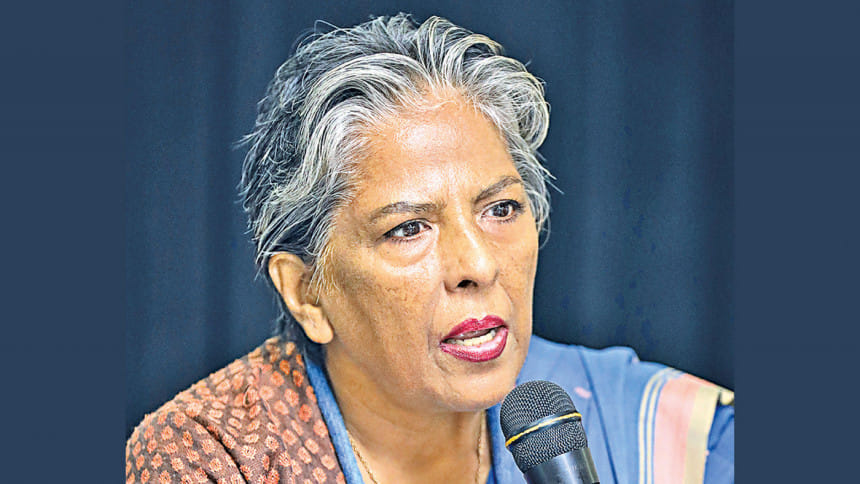
Sharmeen S Murshid, Advisor, Ministry of Social Welfare and Women and Children Affairs
Research should be directed along multiple avenues to uncover various aspects of climate change. Although we did not cause this crisis, we are among its worst victims. Our voices, therefore, should be amplified on international platforms in protest—a role that Bangladesh has consistently played. Research should serve as our primary tool for climate-related advocacy, enabling us to deepen our understanding of the issues and adapt our approaches as needed.
We must critically examine our research methods to identify areas requiring fundamental changes. For example, we need more information on the feminisation of family units affected by climate change, particularly regarding its impact on quality of life. We should also examine the work opportunities available to women who unexpectedly find themselves as heads of households due to climate-related crises. These women often lack stable livelihoods, which affects their quality of life and contributes to poverty in disaster-prone areas.
Important questions include: What drives men to leave these families? How is the concept of family evolving in these regions, and how does this shift contribute to worsening poverty? A socioeconomic transformation is underway, and we must recognise the emergence of women-dominated economies in these affected areas.
In terms of conflict resolution, we need to explore peacebuilding strategies, focusing on strengthening areas that have remained free of conflict. Our approach should always be research-driven and policy-focused. Now is the time to innovate and find alternative methods, enabling us to take a significant step forward in addressing these critical issues.
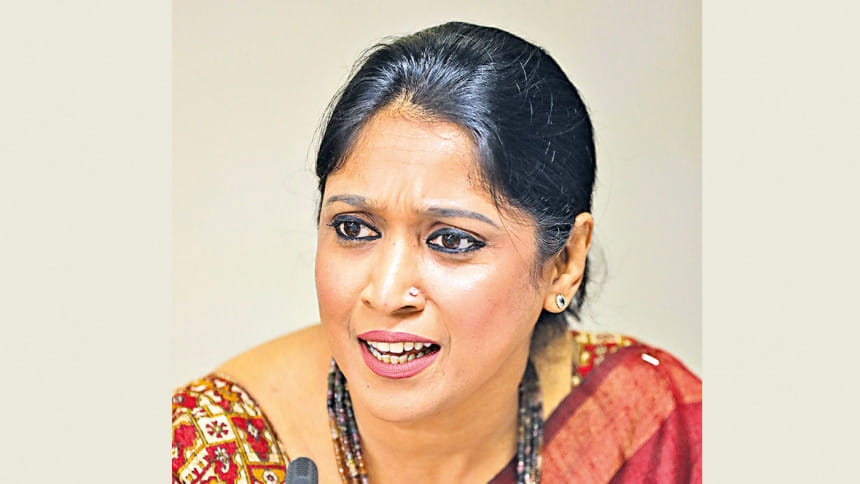
Dr Tania Haque, Professor, Department of Women and Gender Studies, Dhaka University
My experience as a researcher tells me that to explore new horizons in research, there is no alternative to inclusive information. Our focus should be on developing a mechanism to gather comprehensive and inclusive data. It is essential to remember that marginalised communities are not homogeneous groups, and our approach must adopt an intersectional lens when studying their issues, hardships, and vulnerabilities.
Patriarchy does not only impact women but also harms men. This makes it even more critical to apply an intersectional perspective when examining the roles of patriarchy in climate studies and in addressing crises and gender-based responses. Often, there is limited awareness of the true cost of violence, which must be borne not only by the victims or survivors but also by the perpetrators. These are issues that need to be highlighted.
Women disproportionately carry the burden of unpaid care work and reproductive tasks. This unpaid labour represents both a burden and a developmental challenge that must be considered when addressing gender responsiveness in climate crisis management.
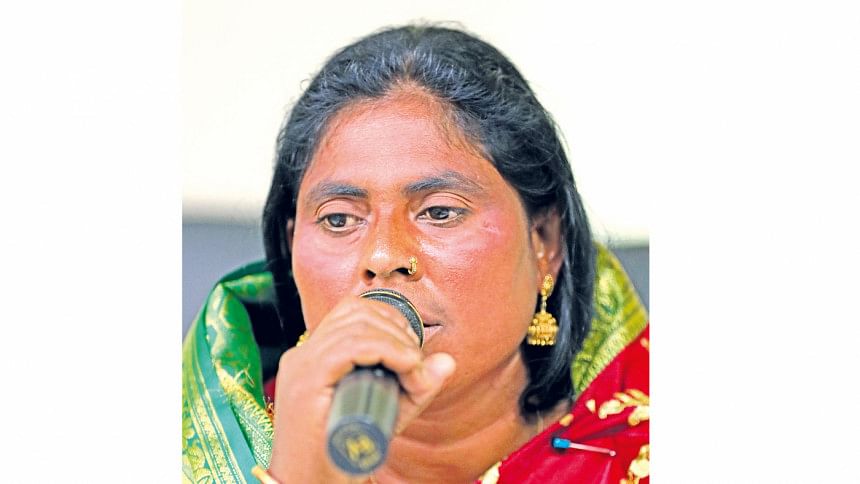
Anguri Begum, CSO Member, Naogaon
Our livelihoods are threatened by frequent floods, which prevent us from catching and selling fish. Droughts also contribute to this issue. Our community consists of 150 fishers, and we also face significant harassment from the local farmers. We urgently need a solution to these problems and kindly request that you come forward to help mediate these conflicts.
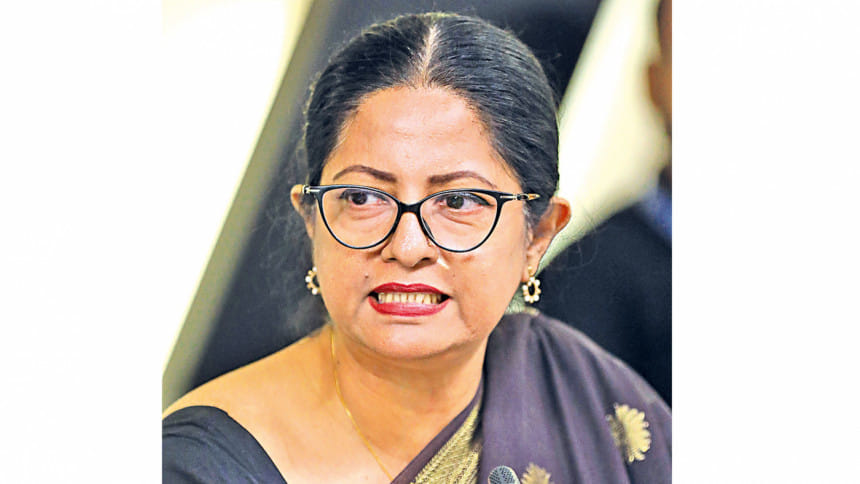
Dilruba Haider, Programme Specialist, DRR, Climate Change and Humanitarian Action, Bangladesh Country Office, UN Women
There is no alternative to women's participation and leadership in locally-led adaptation. Women are devising various types of adaptation strategies at the field level, as they are left with no other choice in the absence of men. We need to empower them as leaders by incorporating their indigenous knowledge and capabilities.
Currently, only 0.01% of climate-related funds are invested in climate change and gender issues worldwide. Most funds are directed towards mitigation, yet we need to focus more on adaptation. Only 4–5 out of our National Adaptation Plan's (NAP) 113 sections include gender-focused initiatives. The ccGAP and NAP need to be synchronised for us to make real progress.
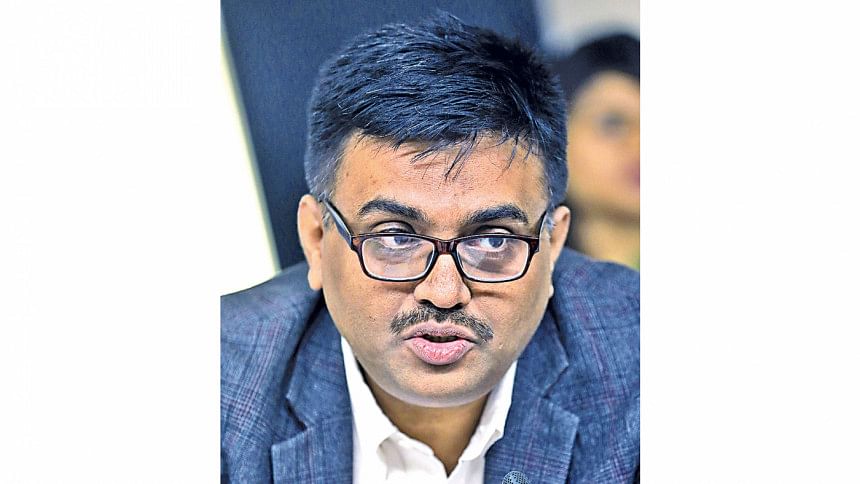
Shahariar Sadat, Centre for Peace and Justice Studies, Brac University
Our focal points on this issue can be described by the 4Cs: Conflict, Competition, Coordination, and Cooperation. Competition arises from conflict, often driven by the scarcity of resources. We need to shift from conflict and competition towards cooperation and coordination, aiming for peace. Wealth redistribution is central to addressing this issue.
Women face significant barriers to accessing resources, including healthcare, education, financial services, social services, and justice. We must invest in women's health, education, and gender justice.
It is essential to recognise that the impacts of climate change can cause trauma. We need to increase our sensitivity to the traumatic experiences associated with climate change, both at a societal and institutional level. There must be a focus on improving psychosocial health. In a country of 170 million people, only around 1,000 individuals are certified to provide psychological treatment. Until we address these issues, we cannot fully resolve the climate-related conflicts we face.
The internally displaced people who migrate to cities like Dhaka are often treated as a burden. If we are to focus on building social resilience, we need to find ways to transform these individuals into resources rather than viewing them as burdens. Education is a critical area of focus, and we must ensure that this population, particularly women, has access to it.
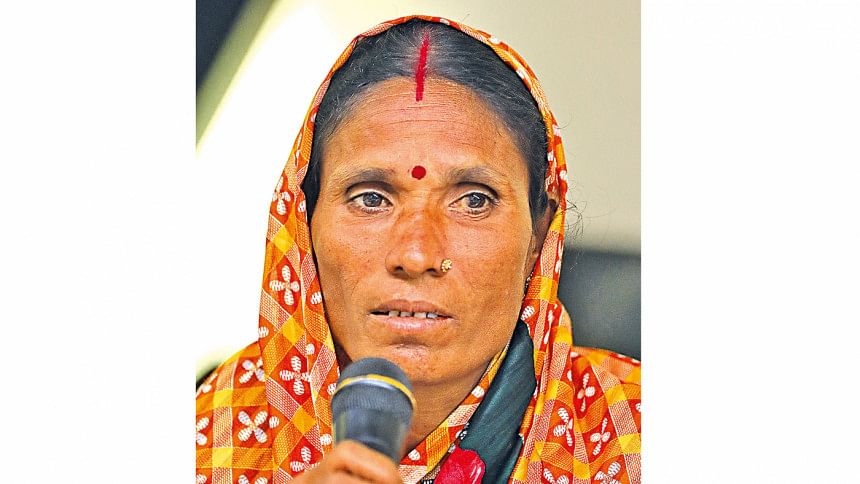
Soneka Rani, CSO Member, Lalmonirhat
This year, our area has experienced 5–6 floods. The most recent one caused significant damage to our entire community, destroying all our crops. There is now a large dent next to my house, which poses a serious risk of accidents and injuries. We took shelter in our neighbour's house, as it had a higher foundation and could offer us more protection from the floodwaters.
Around 10 families are living in that house. We are now much more aware of the risks than we used to be. We keep an eye on Facebook and wait for updates from the local alert system. Additionally, we store dry food items and cash for emergencies.
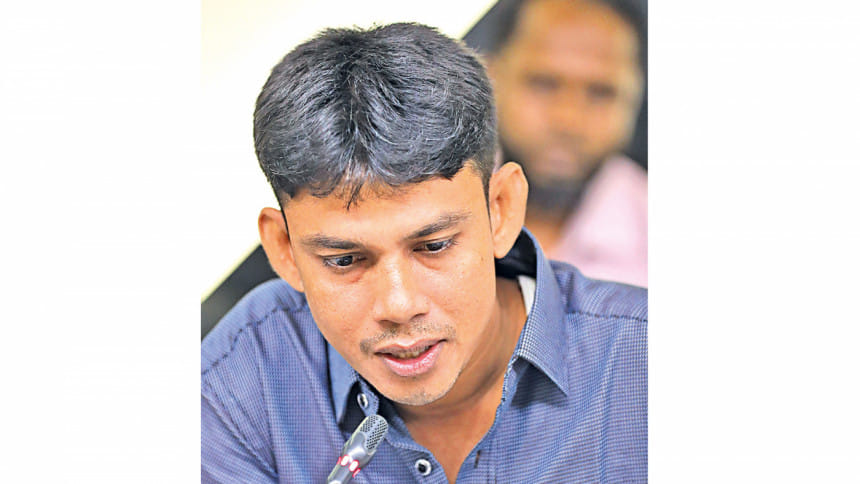
Mamun Hossain Mithu, Member, UDMC, Satkhira
The impact of climate-related calamities has spread throughout my community and area. Climate change has caused a drastic shift in the coastal regions over the past 15 to 20 years. Every year, we fall victim to floods, tidal waves, cyclones, and other disasters. Flooding and river erosion occur even outside the monsoon season. Our fertile land and drinking water have been severely impacted by these calamities, worsening health due to the increasing salinity of water.
Unplanned dams, shrimp farms, and crab hatcheries further contribute to the crisis. There is no alternative to proper planning in combating such disasters. Poverty levels are at an all-time high, due to limited job opportunities in our area. Men from the community are seeking work in hazardous environments such as brick kilns. For half of the year, they are unable to be with their families, which increases the suffering of women. The men's health also deteriorates due to the dangerous working conditions away from home, and even then, they struggle to support their families properly due to inflation.
Children are dropping out of school. WAPDA is never prepared to tackle crises immediately, hindered by bureaucratic backlogs and paperwork. The budget allocation for our area is insufficient to address these challenges.
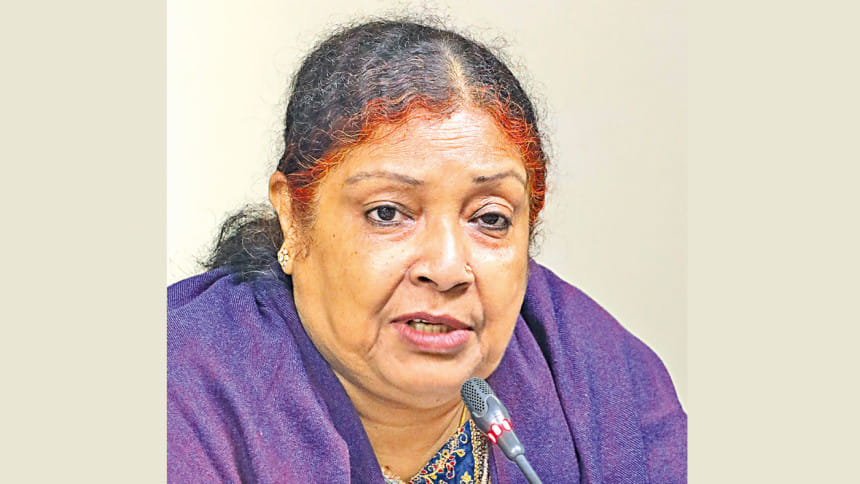
Shamim Ara Begum, Executive Director, Pollisree
We need to look for sustainable solutions right around the corner and actively work towards them. It is also crucial to identify the challenges faced by women, starting from the local level and extending to the national level. Focusing on even one of these levels would be a significant step forward. We must ensure the active participation of women at all levels.
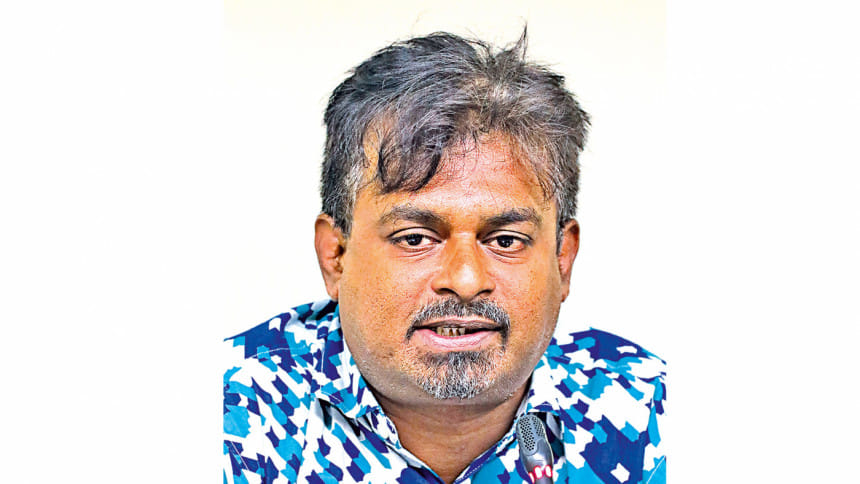
Pavel Partho, Director, BARCIK
We need to make our disaster rehabilitation packages more sensitive to the role of gender. We have observed a lack of this in the most recent flood in the Southeast region. Currently, the proposed solutions to climate change are largely hybrid and based on fossil fuels, which ultimately cause more harm in the long run. Additionally, we often overlook non-economic losses and damages. Many of the losses incurred by women are non-economic, and this must be integrated into the discussion about loss and damage funds. We must recognise these issues in the context of marginalised communities and incorporate them into our national plans.
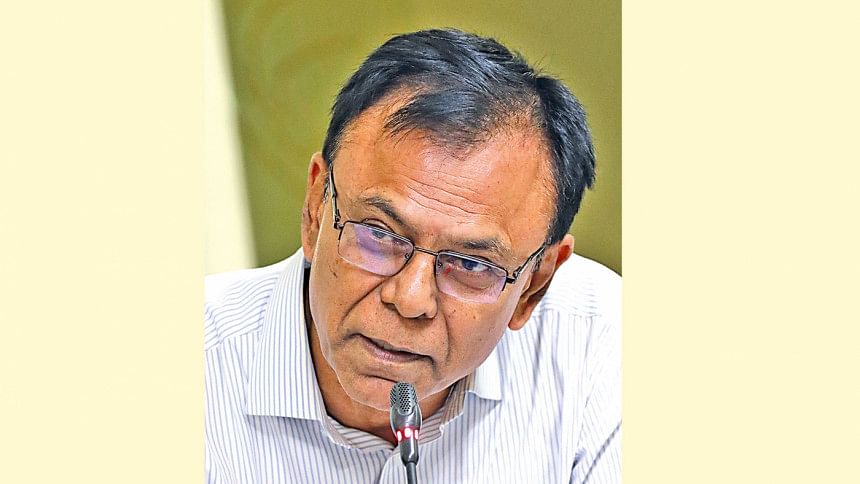
Akramul Haque, CEO, DASCOH Foundation
I come from the drought-prone north-west region of the country, popularly known as the "Barendra" (Barind Tract). This area is heavily impacted by climate change, and its landscape has already undergone significant changes. The region is home to many plainland indigenous communities, with a large proportion of indigenous women working in agrarian professions. The transformation of the landscape towards orchard farming has had a negative impact on their livelihoods. There is also an increase in wealth inequality and a widening gender gap. To make meaningful progress, we must address these disparities.
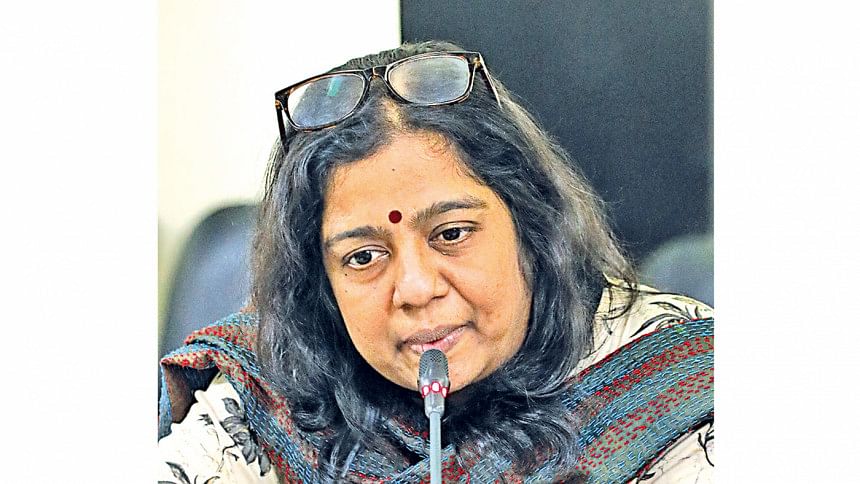
Kaniz Fatima, Coordinator, Right to Food
Seventy-four percent of women are part of the agrarian labour force, yet only around 5% own cultivable land. The law prevents widowed women from obtaining ownership of "Khas" land unless they have a son. The issue of land ownership is a crucial one, especially concerning the climate-related vulnerabilities faced by women. We have been attempting to reform the law for the past 20 years but to no avail.
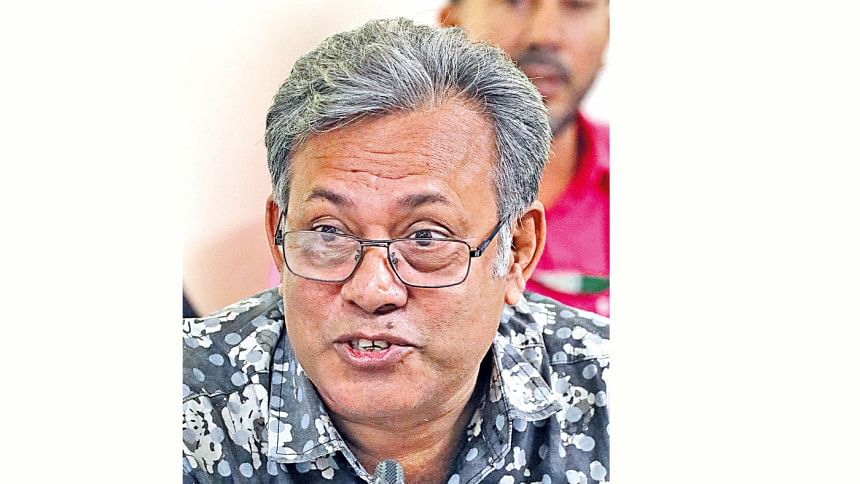
Amit Ranjan Dey, Deputy Manager, ActionAid Bangladesh
Our development investments need to be better planned. Government bodies, INGOs, and international donors must be more careful about where they allocate their investments. Additionally, these efforts require closer monitoring from our side. While our agricultural policy acknowledges the role of women farmers, we lack sufficient budgetary allocation to implement the policy effectively.
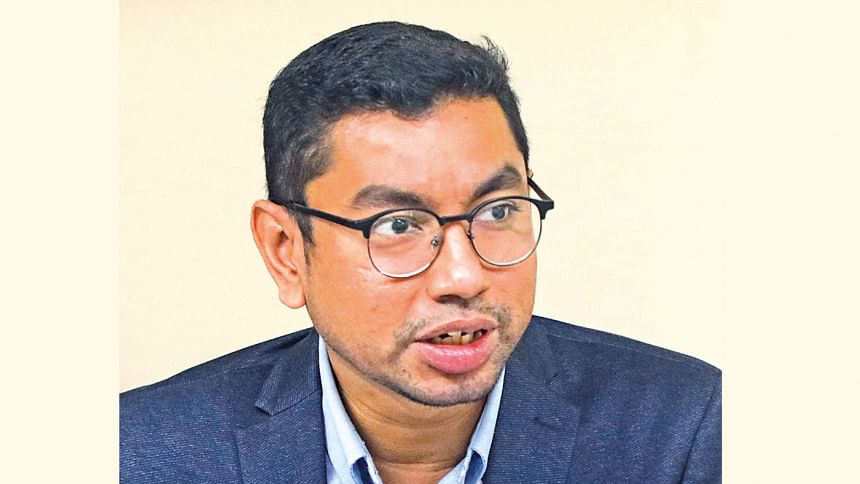
Tanjim Ferdous, In-charge, NGOs and Foreign Missions, Business Development Team, The Daily Star
The resilience demonstrated by women in communities affected by climate change is truly commendable. Our jargon has little impact on their lives. Their concerns are fundamentally tied to the quality of life they lead and the livelihoods they can earn. This is what we must focus on, first and foremost.
Recommendations
- Improve the capacity of local governments to respond effectively to climate challenges.
- Allocate sufficient funds for climate adaptation and ensure they reach the marginalised people.
- Encourage broad and diverse participation in decision-making processes, particularly that of women.
- Enhance access to essential resources and services for vulnerable communities.
- Support locally led adaptation strategies to increase resilience to climate change impacts.
- Identify and remove social and institutional barriers that hinder effective climate adaptation, particularly focusing on the social barriers for women.
- Strengthen conflict transformation approaches that include positive connectors to tackle climate-induced conflicts.
- Protect eco-professions endangered by climate change.
- Diversify research interests with an intersectional lens.
- Incorporate non-economic losses and damages into the compensation packages.

 For all latest news, follow The Daily Star's Google News channel.
For all latest news, follow The Daily Star's Google News channel. 



Comments